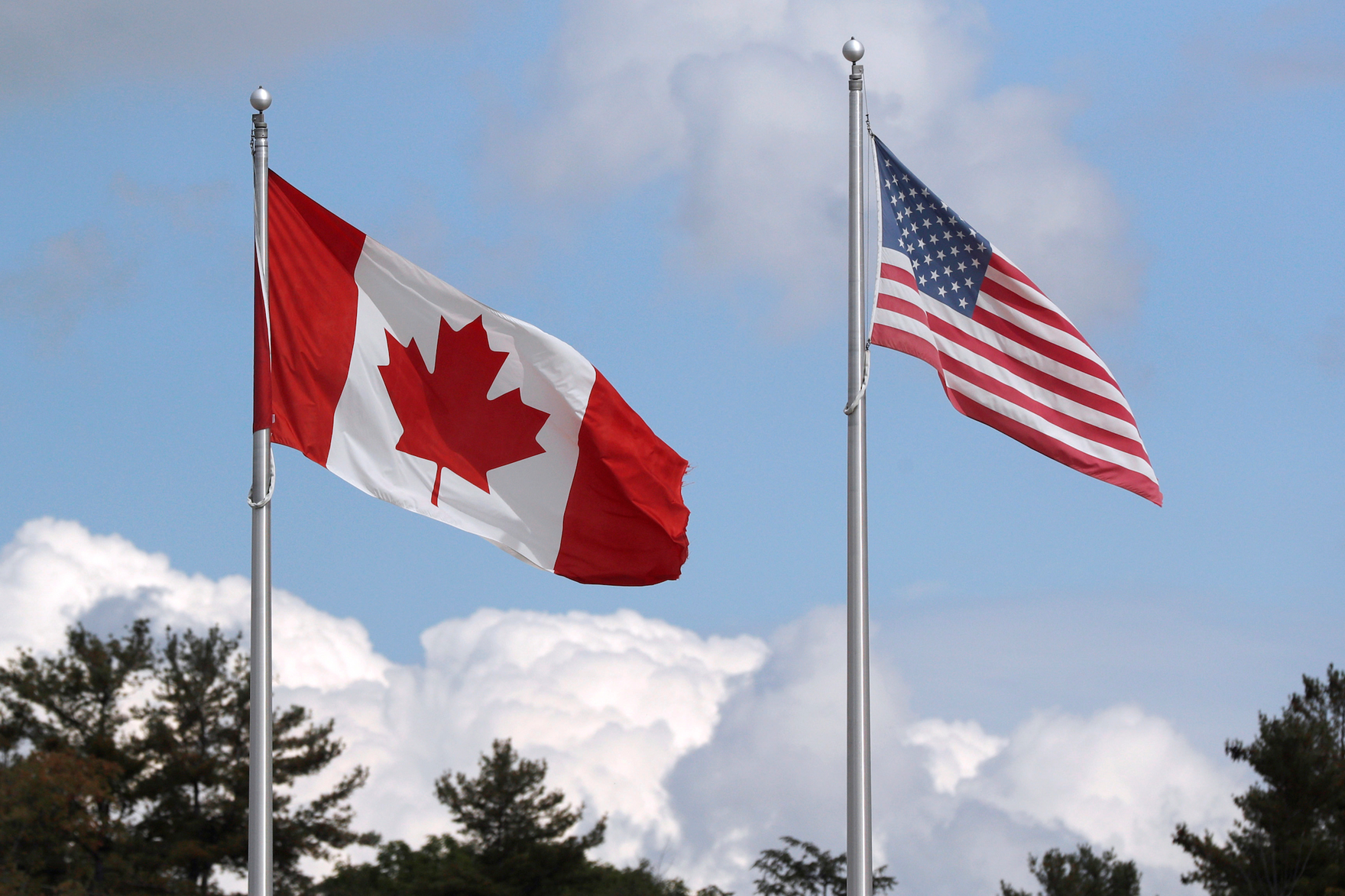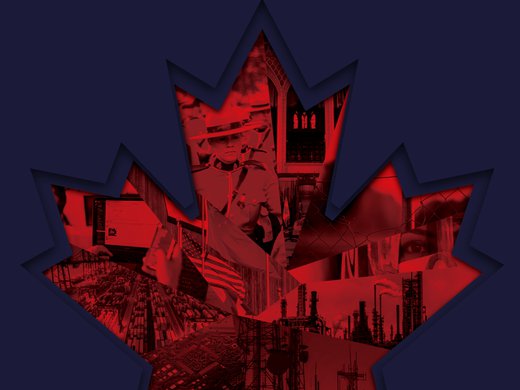Is US President Joe Biden good or bad for Canada? The question sets up a binary answer, which is simplistic. But if forced to choose, Canadians have a clear answer: Biden is good for Canada. Let us explain.
For starters, as Charles de Gaulle said, countries do not have friends; they have interests. Those interests can be economic, geostrategic or values-based, but they don’t tend to change much, political marketing notwithstanding, regardless of who is in charge. Strategies and tactics will vary, but a country’s core national interests endure.
Canadians have a complex relationship with the United States. We are leery of being ignored or overshadowed. And, although countries don’t have friends, we still take great pride in our “friendship” with America, which former prime minister Jean Chrétien characterized this way: “Our friendship has no limit.”
But this is 2021, and a great deal has changed since the Chrétien years. Geopolitical shifts are accelerating. The United States has interests. So does Canada. Sometimes these interests will converge; other times, not. The trick will always be to maximize Canadian sovereign policy freedom, whatever the context.
Those in the “Biden is bad for Canada” camp point to his cancellation of a permit for the Keystone XL Pipeline on the first day of his presidency, with apparently little or no consideration of Canada’s concerns. They will note that Canada was left out of the new security pact between Australia, the United Kingdom and the United States, known as the AUKUS group. And without a doubt, they will say that the administration’s protectionist “Buy American” strategy, with its echoes of Trumpist protectionism, will hurt Canada most of all.
But that’s the point: whatever effect the Biden administration may have on the bilateral relationship must be set against what a second Trump administration would have done in its place.
For Canada to pursue its national interests requires a rules-based international order and functioning international institutions. The Trump years were deeply destabilizing; the protectionist assault on Canada’s steel and aluminum industries was only the highest-profile example. There was active disdain for the rules-based international order and its supporting institutions — the World Trade Organization, the World Health Organization, the Paris Agreement, and the various institutions of free trade, including the North American Free Trade Agreement and the Trans-Pacific Partnership. There was Trump’s infamous tweet tirade aimed at Prime Minister Justin Trudeau following the Group of Seven summit in Charlevoix, Quebec, in 2018, when the president characterized Trudeau as “very dishonest and weak.”
President Biden, although he may not be the free trader Canadians had hoped for, is a friend to international institutions. He has returned the United States to the Paris Agreement, the UN Human Rights Council and the World Health Organization, among others. Gone are the threats to pull the United States from the North Atlantic Treaty Organization, pull American troops out of Europe or withdraw military support for Pacific Rim allies. President Biden is hosting an international Summit for Democracy, the purpose of which is to defend democracy, human rights and the rule of law. In short, Biden has brought a badly needed stability to international relations and bilateral affairs. Canada needs this.
Beyond the binary argument, however, lies a larger truth, which is that the conventional lens through which Canadians have viewed the Canada-US relationship, and geopolitics generally, is obsolete. In pursuing American interests, the United States now looks to the Pacific, to Australia principally, as a bulwark against a rising China; it looks to Europe and sees a gathering Russian military threat. In this context, is it any wonder administration officials have little time to spare for Canadian entreaties about free trade in electric vehicles?
That is why we at the Centre for International Governance Innovation have been engaged in a months-long, multi-pronged effort to revitalize thinking in Canada around national security. We have brought together more than 250 experts for this effort, and one message has reverberated: In a more perilous world, increasingly digital, no longer unipolar, Canadians must set aside their postwar confidence that geography, a wealth of natural resources and proximity to the world’s leading democracy will keep us safe. Greater investment, both of resources and political energy, is no longer optional: it is necessary.
This article first appeared in the Toronto Star.


